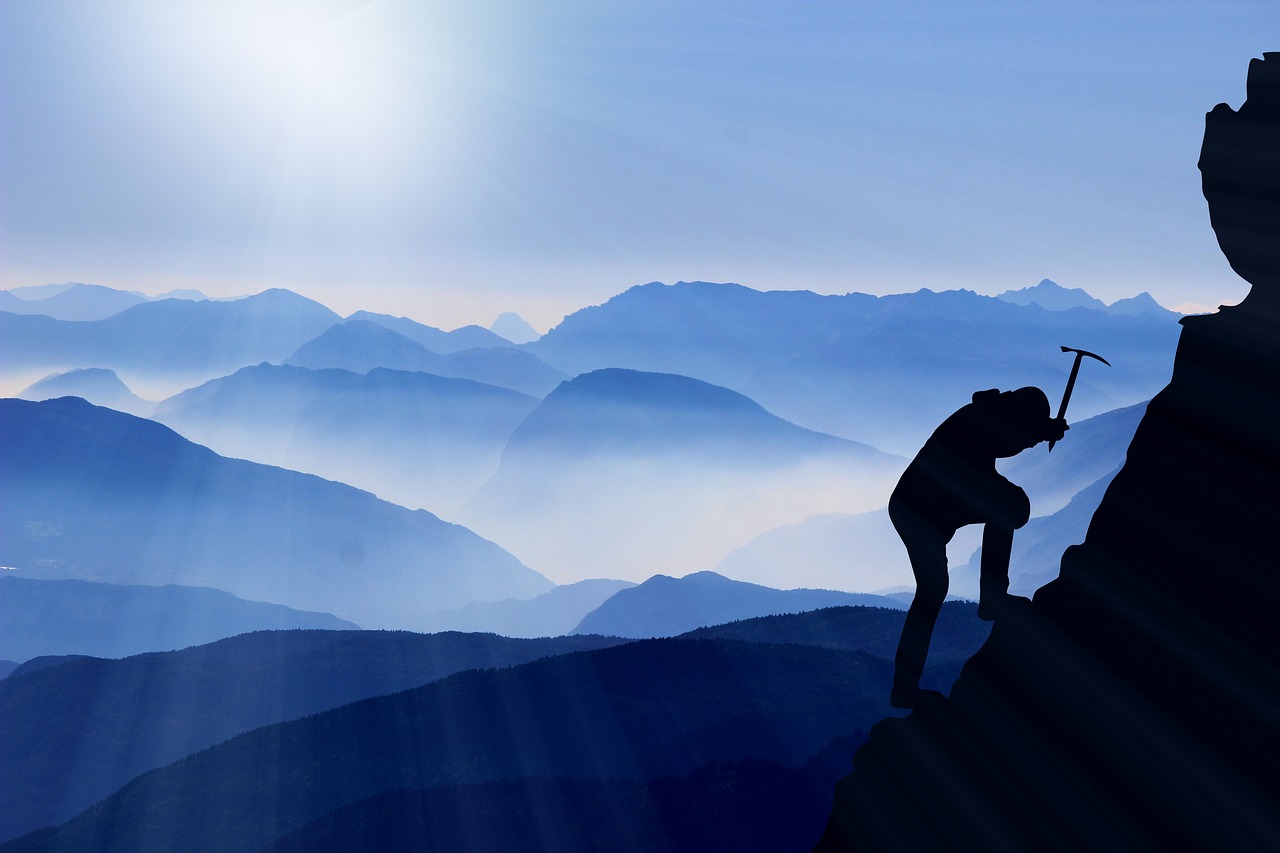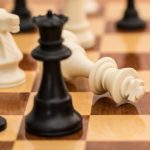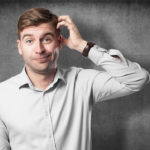I recently developed what I would consider a healthy obsession with the poetry of Nayyirah Waheed. I’ve never been a poetry-reading person—making room only for the occasional Rumi—which is somewhat ironic since my first name (Ozan) is Turkish for poet. Yet, the simplicity of Waheed’s poems—and her healthy disregard for poetry’s traditional rules—struck a deep chord with me.
Consider this one:
“would
you still want to travel to
that
country
if you could not take a camera with you?”
There’s a broader way of posing the same question. Would you still do that thing you’re thinking about doing if you couldn’t post it on social media, if you couldn’t showcase it for friends and family—if no one else would ever know about it?
We often fall in love with a destination, but not the path.
We don’t want to climb a mountain. We want to have climbed a mountain.
We don’t want to write a book. We want to have written a book.
We don’t want to see India. We want other people to see us see India.
In high school, I took two years of reluctant German. This past year, we spent nearly six months living in Nuremberg, and I thought I’d pick German back up. I slogged through Duolingo lessons, trying to parse the intricacies of German grammar and memorize the articles that go with each word. But halfway through the summer, it hit me: I had no interest in learning German. I wanted to have learned German. I was like a marathoner who hated running but craved the high of the finish line. So, I said Auf Wiedersehen and stopped.
There’s a question that frequently shows up in self-help books: What would you do if you knew that you could not fail? This is the wrong question to ask. Instead, do as Elizabeth Gilbert does, and flip the question on its head: “What would you do even if you knew that you might very well fail? What do you love doing so much that the words failure and success essentially become irrelevant?”
This requires pivoting our focus from the outcome to the process. If you want to climb a mountain, imagine training with your backpack on, hiking at high altitudes to get used to the low-oxygen environment, climbing stairs to build up muscle, and running to improve cardiovascular endurance. If you want to write a book, imagine sitting in front of your computer every single day for two years putting one awkward word after the next, writing one ghastly draft chapter after another, polishing, tweaking, and retweaking—even if you don’t feel like it—with no recognition or accolades.
If you go through this exercise, and the idea seems less like a picnic and more like a medieval torture technique, then stop. If any of this seems strangely fun to you—as writing does to me—then by all means, go for it. With this reorientation, you also condition yourself to derive intrinsic value from the process rather than chasing elusive outcomes.
I love this quote from Andrea Dworkin: “Does the sun ask itself, ‘Am I good? Am I worthwhile? Is there enough of me?’ No, it burns and it shines. Does the sun ask itself, ‘What does the moon think of me? How does Mars feel about me today?’ No it burns, it shines. Does the sun ask itself, ‘Am I as big as other suns in other galaxies?’ No, it burns, it shines.”
You’ll know you’re on the right path when burning and shining is good enough for you—even if no one can see you in all your bright glory.
Bold



